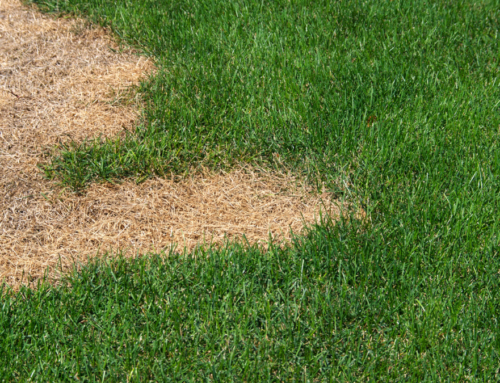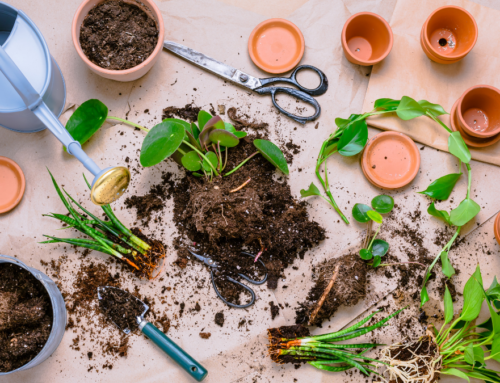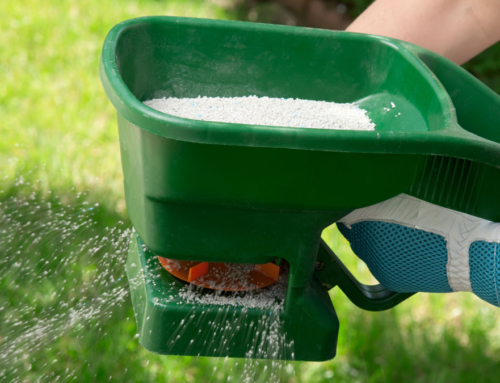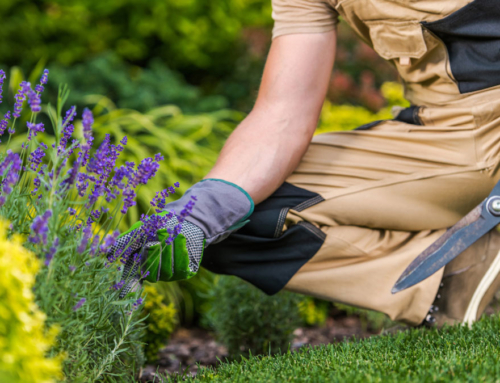RAIN BARRELS
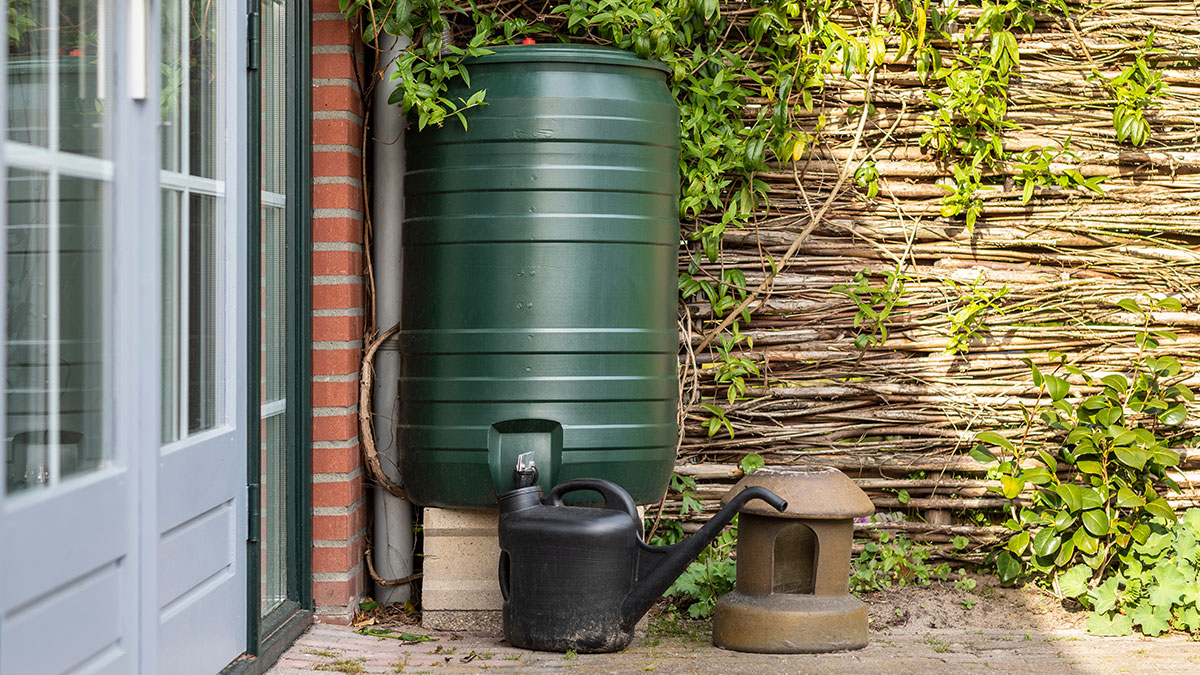
Are you looking for an easy and effective way to help conserve water? Then look no further than your own backyard! By collecting rainwater in water barrels, you can make a significant contribution to the local water conservation effort. And the best part? This practice became officially legal in Colorado in 2016!
“This is a victory for Coloradans who care about their state’s incredible rivers, lakes, streams, and waters. Rain barrels are an important educational tool and a great first step toward conservation and increasing awareness about the water challenges facing Colorado,” said Pete Maysmith, executive director with the nonprofit Conservation Colorado.
RAIN BARREL Uses
In addition to conservation, the water from rain barrels is great for your lawn, garden and soil, as rainwater is highly oxygenated. It’s free of the salts, inorganic ions and fluoride compounds contained in tap water that accumulate in the soil over time and potentially harm plant roots. Using rainwater in your garden dilutes this impact, making plants more drought-tolerant, healthy and strong.
Rain barrels can also help contain moisture levels around the foundation of your home. Collecting rainwater before it hits ground levels will help to prevent flooding, damp and mold.
According to the U.S. Environmental Protection Agency, 40% of residential water use occurs during the summer – gardening and growing season. Using water collected in rain barrels, the typical gardener can save up to 1,200 gallons of water each year. This can help you save big on your water bill, too.
Beyond these eco-friendly advantages, rain barrels offer versatile applications. Consider using rainwater to wash your car or give your dog a bath! Rainwater doesn’t have any added salt or chemicals so you’ll get a nice, pure clean.
RAIN BARREL Safety
- To prevent mosquito breeding in rain barrels, follow these best practices:
- 1) use a container with a sealable lid, as mandated by House Bill 16-1005
- 2) empty the barrel completely every month
- 3) disconnect it from the downspout if away for over a week
- Rainwater collected in urban and industrial areas may contain harmful substances such as arsenic and mercury due to impurities in the air. The pollutants that accumulate on rooftops can lead to high concentrations of heavy metals in the collected rainwater. It is important to filter and screen out these impurities to ensure safe use.
- The use of first-flush diverters can also significantly improve water quality. However, roof washing is not necessary for irrigation purposes.
- It is important to note that harvested rainwater is not recommended for drinking due to possible microbial contamination. Properly designed systems that include disinfection steps can be used for private domestic water supplies.
If you are looking to buy rain barrels, you can find them at Home Depot, Lowes, Ace Hardware, and other home and garden stores. The company BlueBarrel facilitates local exchanges for repurposed barrels and will send you a DIY install kit. Or, of course, rain barrels are available on Amazon.
Rain barrels are a simple and efficient way to save water, reduce your water bill, and support the health of your lawn and garden. By using rain barrels, you can also help with local water conservation efforts and make a positive impact on the environment.


